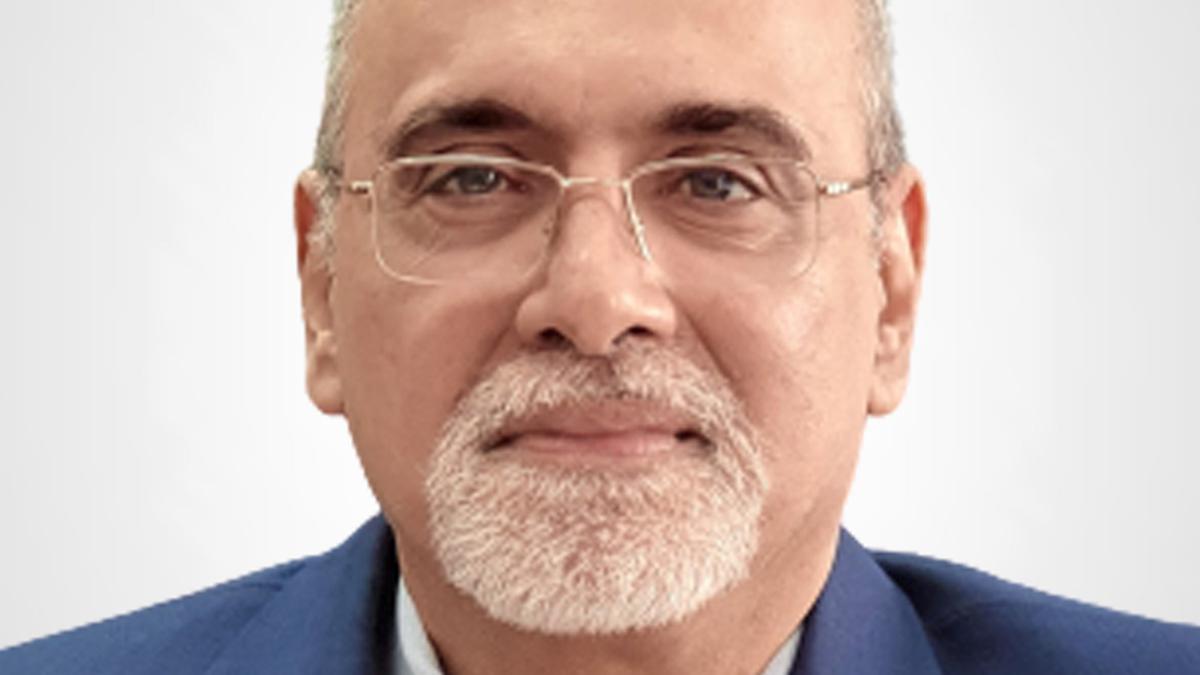Banking sector needs to address governance gaps to meet upcoming challenges: RBI Deputy Governor

M Rajeshwar Rao, Deputy Governor, Reserve Bank of India. File
| Photo Credit: Special Arrangement
India’s banking sector needs to address gaps in the governance frameworks and assurance functions in a bid to gear up to meet the future challenges as the country strives to become a developed nation by 2047, Reserve Bank of India (RBI) Deputy Governor M Rajeshwar Rao said.
Addressing a conference of directors of banks organised by the RBI recently, he emphasised that financial institutions will need extraordinary amounts of financial resources to support growth to realise the visions for a brighter tomorrow.
Also Read | RBI says India’s growth momentum to continue in FY24; stresses on structural reforms
“Raising these resources would not be a constraint for financial intermediaries with robust governance frameworks as they can command a governance premium. It is important in this context to gain and retain the trust of other stakeholders such as depositors and various providers of financial resources,” he said.
“This is best ensured by strong governance, control, and assurance functions in financial institutions,” he added.
Also, he said, “While we collectively aspire for an efficient financial intermediation with positive spillover to the real sectors, these aspirations are set in an increasingly competitive, diverse, and interconnected world. As the saying goes, he said, the time to fix the roof is while the Sun is shining.
“The banking sector in India at this juncture is sound, resilient, and financially healthy. So, the time is perhaps right to improve the plumbing by addressing the gaps in governance frameworks, assurance functions and strategise for better times ahead,” he said.
Observing that it is essential for the management to deliver good performance, he said but more importantly this should be achieved by adhering to acceptable customer and market conduct and best corporate governance practices.
“We often see that the matters of conduct do not get the priority or attention of the Board which they should be getting. Customer service, customer conduct, ethical employee behaviour, data privacy, cyber security are critical and important issues which assume even greater relevance in times of innovation, change and business disruptions,” he said.
“Good or rather best practices in these areas are the key soft pillars which build the edifice of a successful financial institution, more so in these challenging times,” he said.
Therefore, he said, there is a need to reflect on the role and expectations from the governance architecture viz, the Board and its Committees, the Independent Directors and the assurance functions in banks and other financial institutions on these issues.
Coming to the link between regulation and governance, he said, “The regulators usually decide the regulatory perimeter and guide the regulated entities so that there are no accidents and surprises.”
Also read | Moody’s maintains stable outlook on Indian banks
While it is for the regulators to issue instructions that enjoin upon banks to adopt the best practices insofar as governance is concerned, he said, it is for the Board to set the strategic direction, engage with management, and conduct review of key policies and frameworks.
“The Boards should manage alignment of performance with pay as well as enforce accountability to ensure adherence to the best practices while achieving the objectives set for the bank by the Board,” he added.
For all the latest business News Click Here

